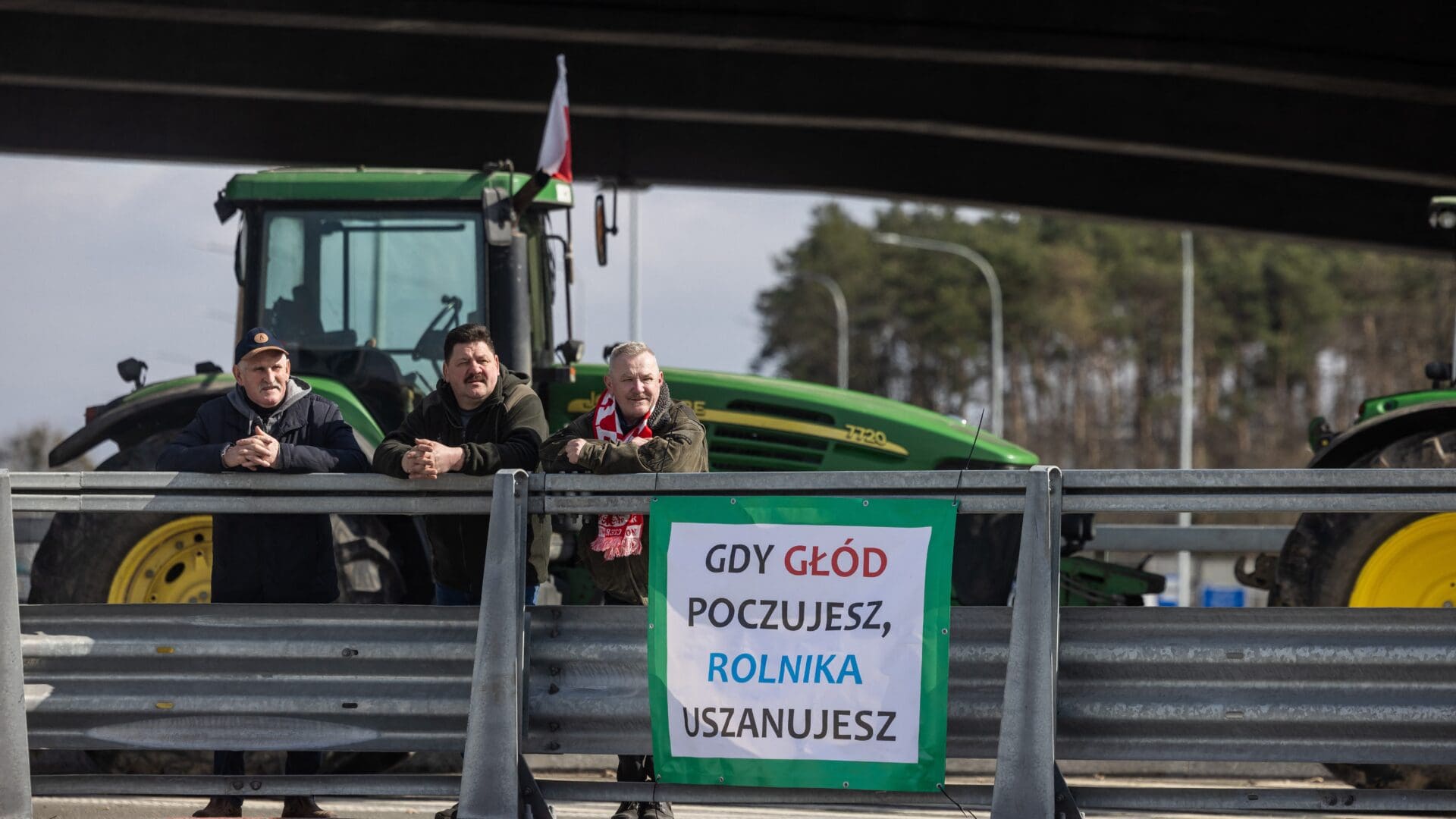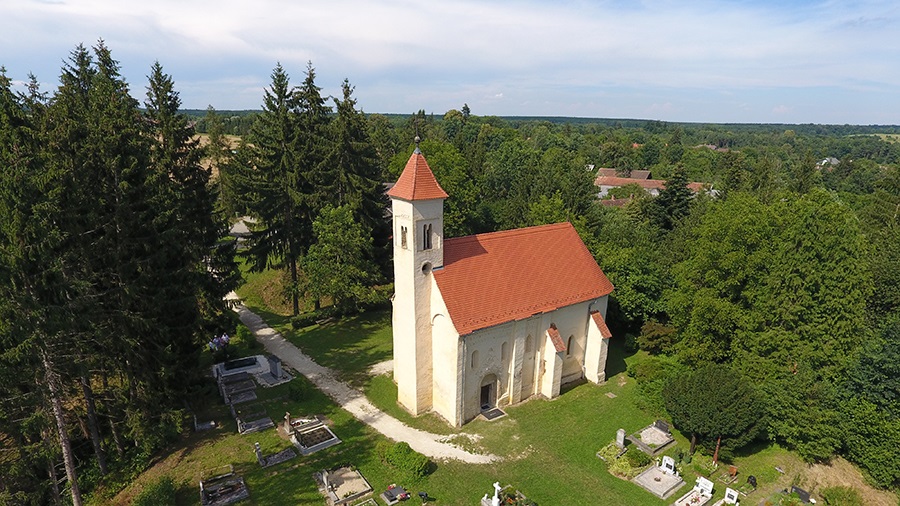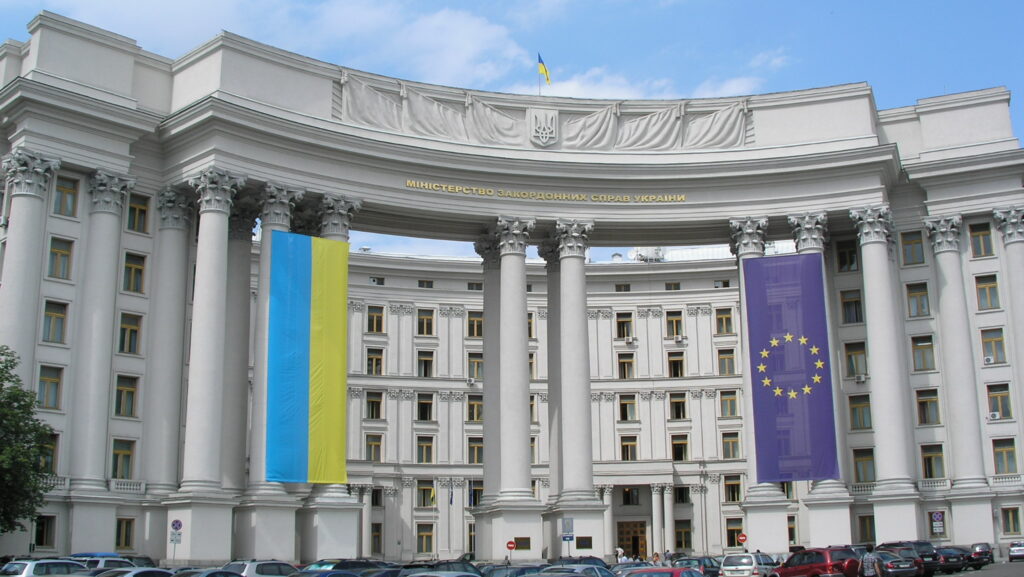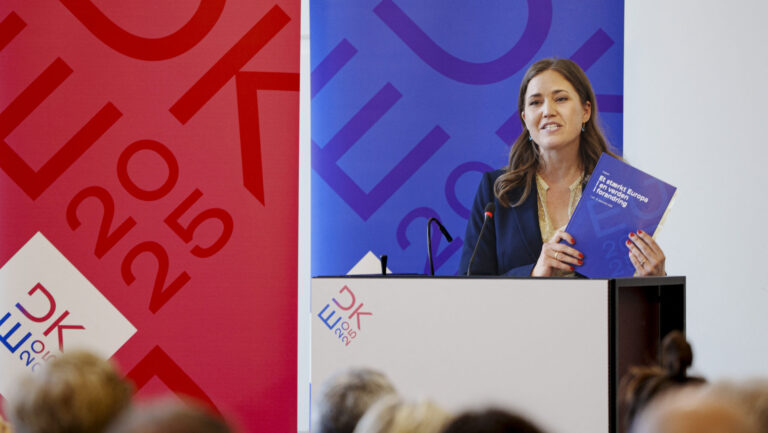In the first round of Poland’s local elections the main opposition force, the Law and Justice (PiS) party, secured 34.3 per cent of the vote, while the ruling Civic Coalition (KO), led by Donald Tusk’s party, obtained 30.6 per, as per aggregate results released on Monday evening.
Among the other coalition parties in government, the alliance formed by the agrarian Polish People’s Party (PSL) and Poland 2050 called the Third Way (TD) secured 14.3 per cent of the vote, while the New Left (NL) received 6.3 per cent. Additionally, the opposition Confederation won 7.2 per cent of the vote.
The local elections served as a significant rehearsal for the European Parliament elections to be held in June. Marcin Palade, a Polish political scientist specializing in opinion polls, stated on Tuesday on X that if the parties in Poland were to replicate the same results in the EP elections as they did in the local elections, PiS would secure 20 seats, KO 18 seats, TD 8 seats, the Confederation 4 seats and NL 3 seats in the EP.
Marcin Palade on Twitter: “Podział mandatów do PE na podstawie wyników wyborów do sejmików pic.twitter.com/1qEZXpCR53 / Twitter”
Podział mandatów do PE na podstawie wyników wyborów do sejmików pic.twitter.com/1qEZXpCR53
According to Euractiv, the months of farmer protests have significantly influenced the outcomes of the Polish municipal elections, with potential implications for the EP elections as well. While Tusk’s party alliance demonstrated strong performance in major cities, PiS succeeded in mobilizing rural voters, ultimately securing a first-round victory for the former ruling party. Marek Belka, NL MEP and former Polish prime minister, told the news portal: ‘The protests have driven the rural electorate to the polls, which resulted in PiS performing so well in the rural areas.’
According to Ipsos data,
57 per cent of farmers voted for PiS in Sunday’s elections,
compared to 15 per cent for TD and nearly 10 per cent for KO. If this trend persists until the EP elections, the farmers’ vote could bolster the number of seats for PiS and, consequently, for the right-wing European Conservatives and Reformists (ECR) political group.
Discontented Farmers May Tip the Balance in June
While each EU Member State’s internal political processes are unique, there are regional trends that can be observed across the EU. Since January, farmers in nearly all Member States have taken to the streets to protest against the Common Agricultural Policy (CAP) and the measures of the EU Green Deal imposed on the agricultural sector, which they perceive as putting EU farmers at a disadvantage compared to external producers. Furthermore, the influx of Ukrainian grain into the EU is another issue exacerbating discontent among farmers, particularly in countries neighbouring Ukraine.
It is also noteworthy that, almost universally, right-wing parties have consistently supported the farmers. This has been evident in countries such as Poland, Germany, France, Spain, Italy, and beyond. Hungarian Prime Minister Viktor Orbán even visited protesting farmers before the EU summit on 1 February. At the time, Orbán remarked that the entire EU leadership in Brussels must be replaced, as he believed
that current decision-makers would never prioritize decisions that benefit farmers.
At a press conference in Budapest on Wednesday, Hungarian Minister of Agriculture István Nagy emphasized the necessity for change in the interests of the farming community in the upcoming June EP elections. He expressed concerns that Brussels’ agricultural policy is jeopardizing the future of European farmers and the EU’s food security.
If the European Parliament and the European Commission are unable to address the situation satisfactorily, it may be the discontented farmers who determine in June whether the long-awaited right-wing shift in Europe will be realized. Current polls indicate that the European People’s Party (EPP) would secure 175 seats, while the Socialists and Democrats (S&D) would obtain 139. The third largest political group would be the right-wing Identity and Democracy (ID) with 87 seats, followed by the liberal Renew Europe with 80 seats and the ECR with 76 seats.
Yet, there are indications that the farmers’ discontent remains unaddressed. Just this Tuesday, EU trade ministers confirmed the provisional agreement reached earlier by the European Council and the European Parliament allowing Ukraine to continue exporting to the EU without tariffs and quotas. This decision grants Ukraine an exemption from import duties and quotas until 5 June 2025. Moreover, wheat and barley, two products that significantly disadvantage EU producers, have been omitted from the list of sensitive products.
The agreement faced criticism from EU farmers’ organizations COPA and COGECA, particularly concerning the decisions on wheat and barley. These organizations argue that such decisions threaten the sustainability of the sector, and have expressed their disappointment. Additionally, on Tuesday in Genk, French Agriculture Minister Marc Fesneau voiced his dissatisfaction, stating that the guarantees provided were not sufficient. He called on the European Commission to intensify efforts to regulate the cereals market.
The proposal will need to be voted on by the EP plenary following its committee review, and will also require approval from the Council of the European Union. The EP may vote on the issue during the session scheduled for 22–25 April.
Read more on the farmer protests:








